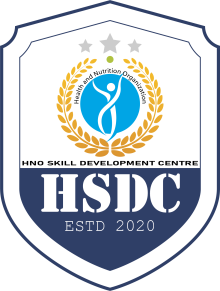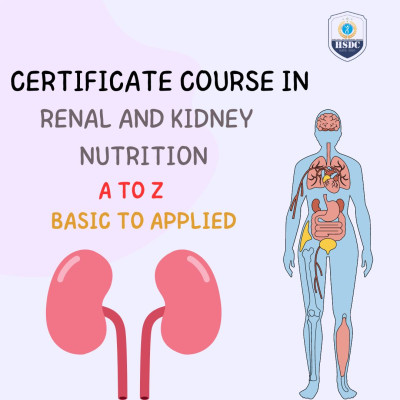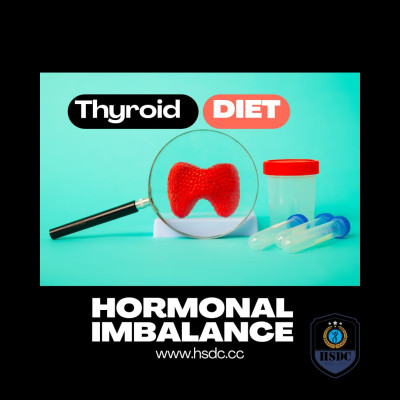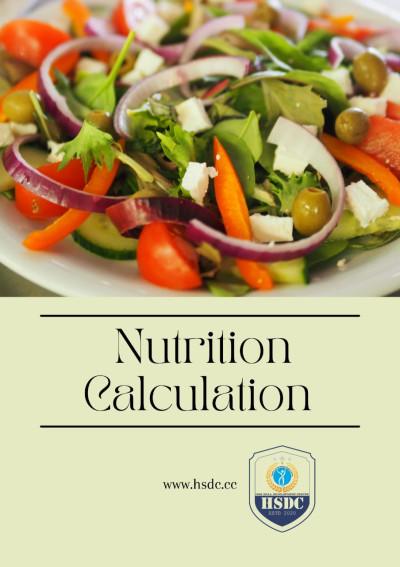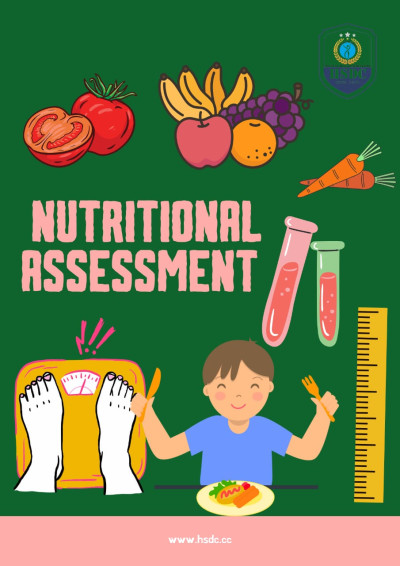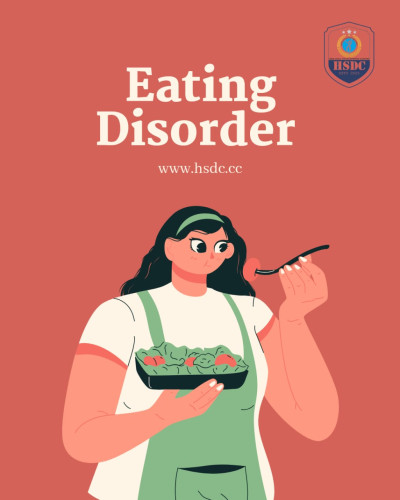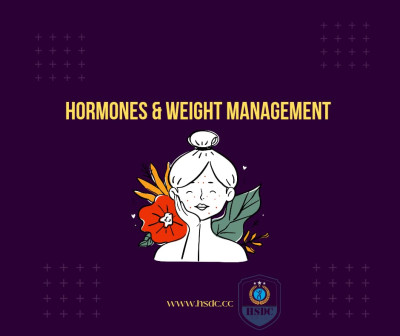Course description
The Basics of Renal and Kidney Disease course is designed to provide a foundational understanding of the kidneys and their critical role in maintaining homeostasis within the human body. This comprehensive course covers the anatomy and physiology of the renal system, elucidating how the kidneys filter blood, regulate electrolytes, and manage waste products.
Participants will explore a range of common renal diseases, including acute kidney injury (AKI), chronic kidney disease (CKD), glomerulonephritis, and nephrotic syndrome. The course delves into the etiology and pathophysiology of these conditions, helping learners understand the underlying mechanisms that contribute to kidney dysfunction.
Diagnostic methods such as blood tests, urine analysis, imaging studies, and kidney biopsies will be discussed, providing insights into how healthcare professionals identify and monitor renal diseases. Basic treatment strategies, including medication management, dietary modifications, and dialysis, will be outlined to equip participants with the knowledge to support patient care.
This course is particularly beneficial for medical and nursing students, healthcare practitioners, and anyone with an interest in nephrology. Through a blend of lectures, case studies, and interactive discussions, participants will gain a solid grasp of the essentials of kidney health, disease prevention, and early intervention strategies. By the end of the course, learners will be well-prepared to recognize and respond to renal conditions, enhancing their ability to contribute to patient well-being and improve outcomes in clinical settings.

